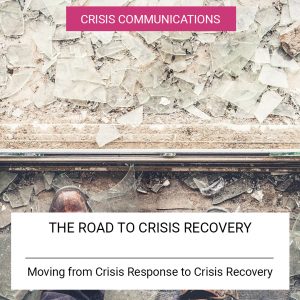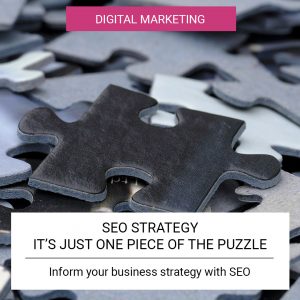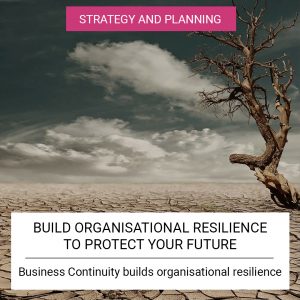
Be prepared and know when to transition from Crisis Response to Crisis Recovery to protect your brand reputation.
The online world adapts and evolves every year. Bringing with it, a variety of new ways to use the internet. In particular, the internet is a place for people to publish their opinions and views for the whole world to see. From social media platforms and online forums to individual websites with a ‘blog’ element, individuals and businesses alike can directly interact with an audience. Whilst we’ve seen individuals publishing content becoming influencers in their own right. It’s not uncommon for businesses to feel the pressures of the ‘blank piece of paper’ and, as a result, hold back from publishing content and blogging.
Whether you’re a solopreneur, an SME, or running a large corporation, having a blogging space on your website to publish news and advice is the best way to start creating content. Sharing regular content on your site is an easy way to engage with your target audience. Content that will present you and your business as an expert in your industry.
Primarily, the two things you want to share are: your knowledge and experience. The first demonstrates your expertise whilst the latter is evidence of what people can expect from using your services. Case studies are a great way to showcase your experience (which we covered last month), whilst your knowledge can be presented in a variety of formats to achieve a multitude of objectives.
The type of content you share is dependent on a variety of factors, namely: your audience type, your business, its offering and your objectives. A content marketing matrix is a great visual aid for breaking down a variety of content types based on whether you want to inspire, entertain, educate or convince your audience. It also compares content types against the objectives of building awareness or encouraging a purchase, or for fostering an emotional or rational response. Keeping things simple, and assessing each content format against the abilities of your organisation, you could choose one form of content to achieve one of the four results: entertain, inspire, educate, or convince.
This may seem the hardest part for many people, however, by taking a strategic approach, you can quickly build a list of relevant blogging topics for your industry and audience. There are four key questions to consider when building your list: what is your target audience interested in? What topics are relevant to your industry? (Think about your business offering.) What do you feel credible talking about? And, finally, is there any topics currently in the news that are particularly relevant to your business or audience? Answering these will help you create a list of broad themes and categories to build your content plan from.
Now that you have a list of relevant topics, and four content types, how you approach the topic is the final piece of the puzzle. If you’re new to publishing content, you can start with blogging ‘top tips’ or explainer articles that provide helpful information to your audience. Or, publish ‘meet the expert’ type content in a simple Q&A format. This will allow you to showcase your knowledge whilst introducing a key member of your business, and providing insight into the people behind your brand.
Share advice on a topic through ‘how to’ or even ‘how not to’ content. Whilst the more experienced publisher could be daring and controversial by challenging or providing a negative perspective on a topic. Whatever type of content you publish, the important part is that you are publishing and being active online.
This article was first published in the Suffolk Free Press, Thursday 12 March 2020.

Be prepared and know when to transition from Crisis Response to Crisis Recovery to protect your brand reputation.

As your online content needs to be found by your target audience, your SEO strategy should inform your communications strategy.

Thomas Cook ceased trading on Monday 23 September 2019. With many experts saying its fate was inevitable, what can be learnt from the demise of Thomas Cook?

Business Continuity builds organisational resilience for your business to make sure you’re prepared to handle incidents that affect your business.
© 2019-2020 All rights reserved
Knight Media Communications Ltd | Company no. 12064990